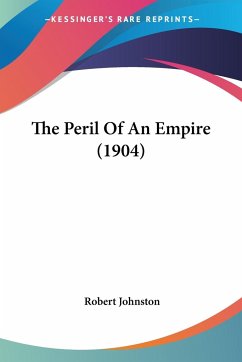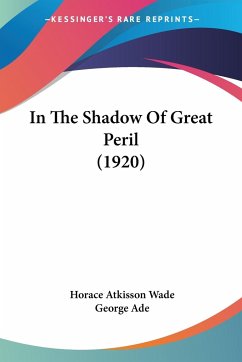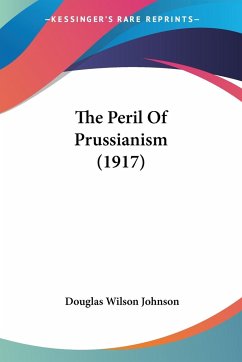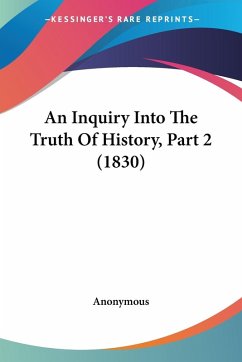
Britain's Deadly Peril
Are We Told The Truth? (1915)
Versandkostenfrei!
Versandfertig in 1-2 Wochen
24,99 €
inkl. MwSt.

PAYBACK Punkte
12 °P sammeln!
Britain's Deadly Peril: Are We Told The Truth? is a book written by William Le Queux in 1915. The book is a work of non-fiction and explores the potential dangers that Britain was facing during World War I. Le Queux questions whether the government was being truthful with the public about the severity of the situation and argues that the country was in grave danger from German spies and saboteurs. The book discusses various incidents of espionage and sabotage that had taken place in Britain and raises concerns about the effectiveness of the country's security measures. Le Queux also suggests t...
Britain's Deadly Peril: Are We Told The Truth? is a book written by William Le Queux in 1915. The book is a work of non-fiction and explores the potential dangers that Britain was facing during World War I. Le Queux questions whether the government was being truthful with the public about the severity of the situation and argues that the country was in grave danger from German spies and saboteurs. The book discusses various incidents of espionage and sabotage that had taken place in Britain and raises concerns about the effectiveness of the country's security measures. Le Queux also suggests that the government was not doing enough to protect the country and calls for greater vigilance and action. Overall, Britain's Deadly Peril is a thought-provoking book that provides a unique insight into the fears and anxieties of the British public during World War I.This scarce antiquarian book is a facsimile reprint of the old original and may contain some imperfections such as library marks and notations. Because we believe this work is culturally important, we have made it available as part of our commitment for protecting, preserving, and promoting the world's literature in affordable, high quality, modern editions, that are true to their original work.












